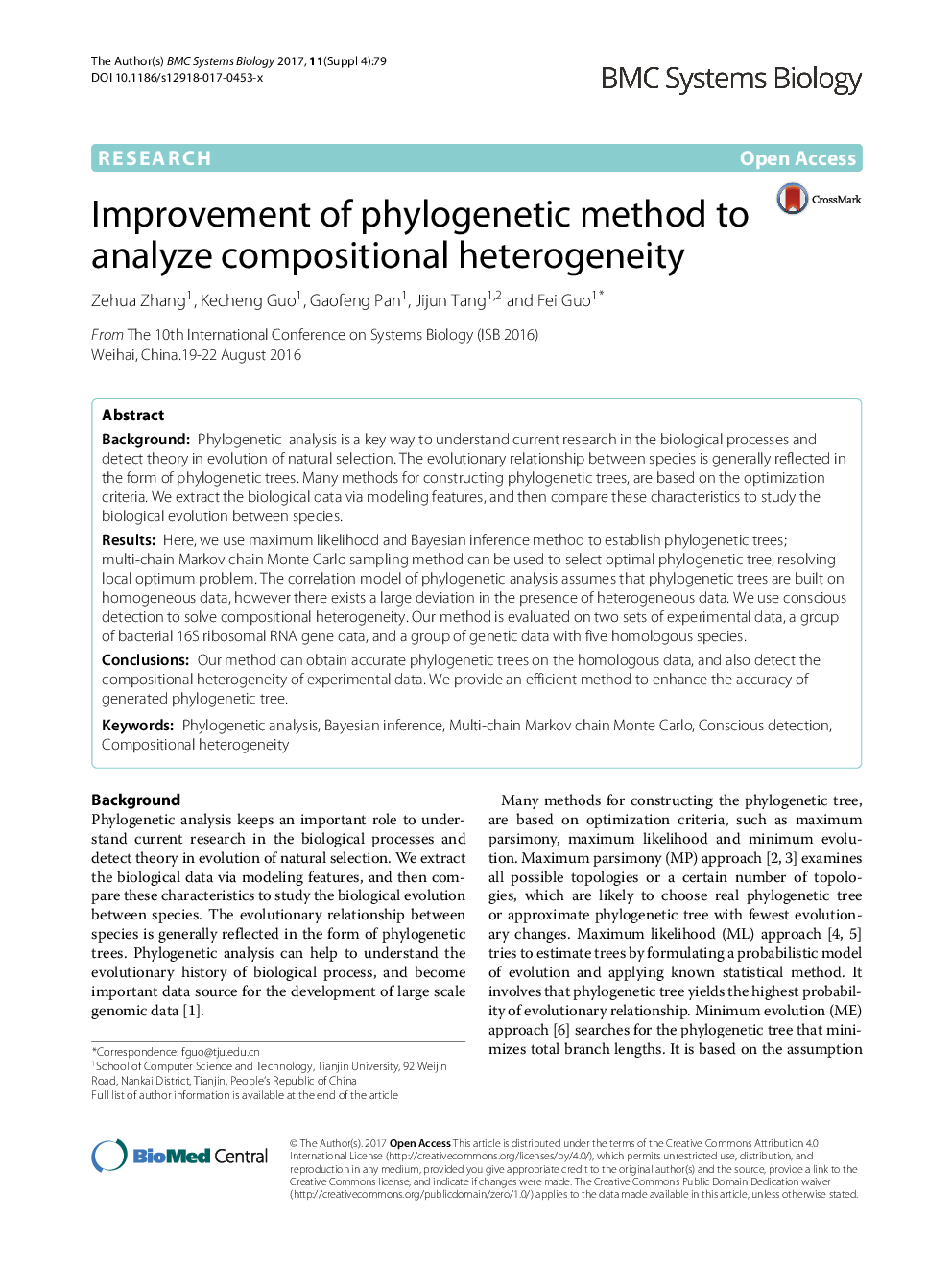| Article ID | Journal | Published Year | Pages | File Type |
|---|---|---|---|---|
| 4928022 | Sustainable Cities and Society | 2017 | 7 Pages |
Abstract
As with concerns of increasing environmental degradation, research on environmental sustainability is growing in importance. The Ecological Footprint (EF) metric is a resource accounting tool that is widely applied in analyzing sustainable development. This paper was set to assess the overall robustness of EF for sustainability decision-making and discuss proposed changes for improvement of EF as a sustainability indicator. Although EF is advantageous over other methodologies for sustainability analysis with a quantifiable index, it still shows limitations for analyzing certain critical environmental issues such as excessive land use, renewable resource depletion as well as inaccurate measurement of carbon footprint, which is the most important component of EF. Proposed improvements to EF accounting to make a robust indicator and enable a reliable assessment to support sustainable development include the introduction of a correction factor for biocapacity measurement, which facilitates the moderate use of productive lands to limit land degradation. Moreover, the development of a three-dimensional ecological footprint model assists the differentiation of resource stocks from resource flows to help mitigate resource depletion. Furthermore, a modified carbon footprint measurement improves the accuracy of the EF value. Current applications of the improved EF methodologies are also discussed.
Related Topics
Physical Sciences and Engineering
Energy
Renewable Energy, Sustainability and the Environment
Authors
Lu Zhang, Mawuli Dzakpasu, Rong Chen, Xiaochang C. Wang,
